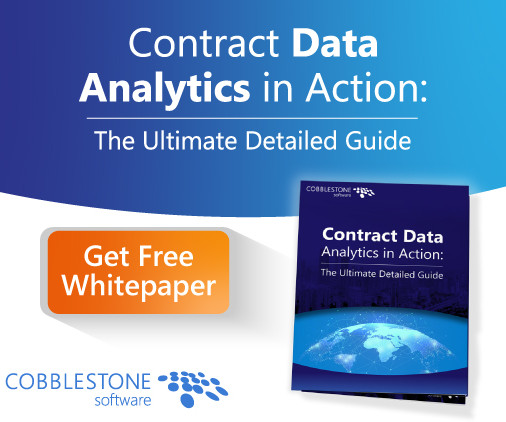ASCAP and BMI - Another Royalty Battle for Broadcasters?
Broadcast Law Blog
OCTOBER 3, 2009
While we have written much about the battle over the broadcast performance royalty (or the " performance tax " as broadcasters call is) - whether broadcasters will have to pay artists and record labels for the right to play their music on the air - we have not written much about another looming issue with the royalties that broadcasters must pay to play music on their stations.































Let's personalize your content